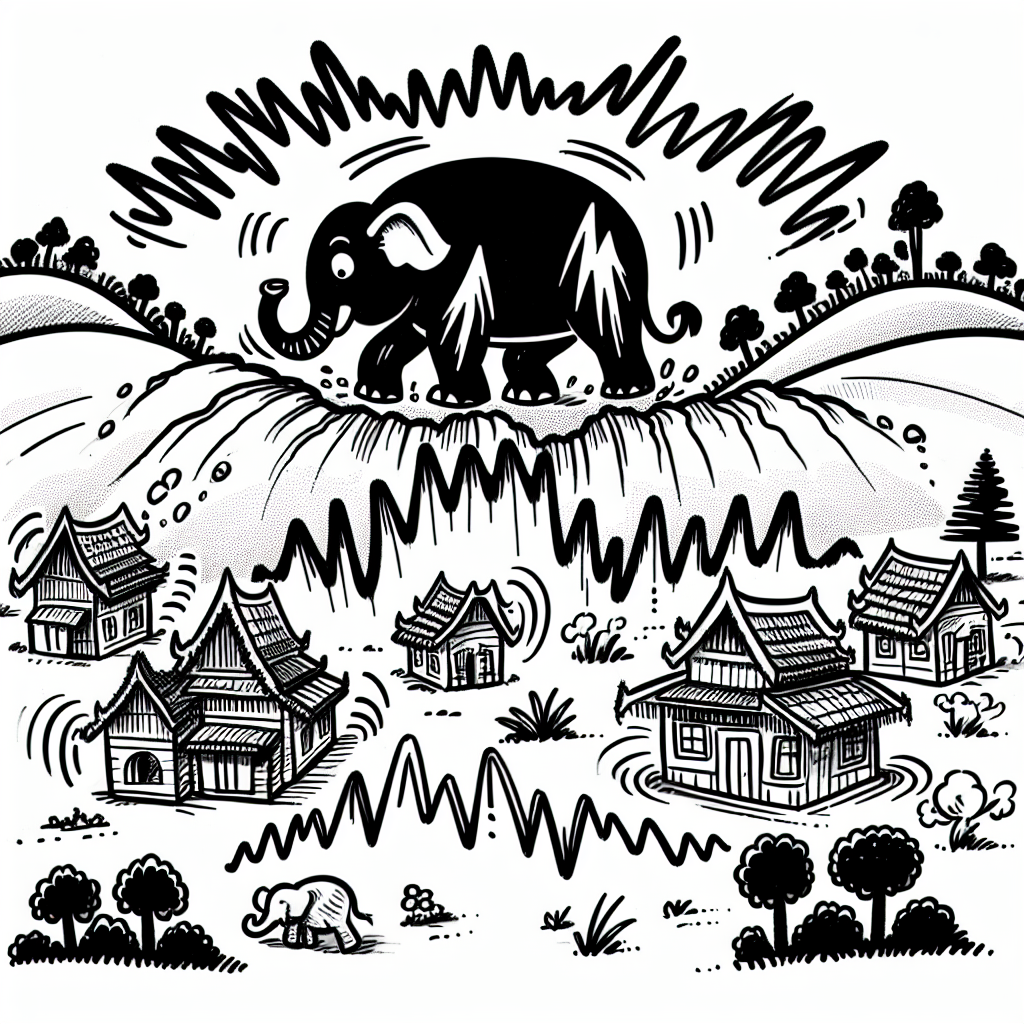Afghanistan's Remote Rescues: Navigating Nature's Challenges After Devastating Quake
Rescue efforts in Afghanistan's Kunar province are challenged by rugged terrain and severe weather after an earthquake killed over 800 people and injured more than 2,800. The local health system struggles with the demand, and aid delivery faces significant obstacles. National and international organizations are coordinating relief efforts.

Efforts to rescue survivors and provide aid in Afghanistan's earthquake-hit regions are hampered by difficult geography and adverse weather conditions. The quake, which struck the eastern province of Kunar, has accounted for over 800 fatalities and more than 2,800 injuries, leaving the local health system overwhelmed.
Authorities and international organizations are battling to reach isolated mountain villages. The challenging terrain poses significant obstacles for aid delivery, with damaged roads and ongoing aftershocks complicating rescue operations. Efforts are underway to clear roads and ensure quicker relief to those affected.
The disaster underscores the ongoing challenges faced by Afghanistan's Taliban administration amid a sharp decline in foreign aid. The World Health Organization warns about the heightened risk of contamination and limited local healthcare capacity, stressing the importance of international support in this crisis.
(With inputs from agencies.)










